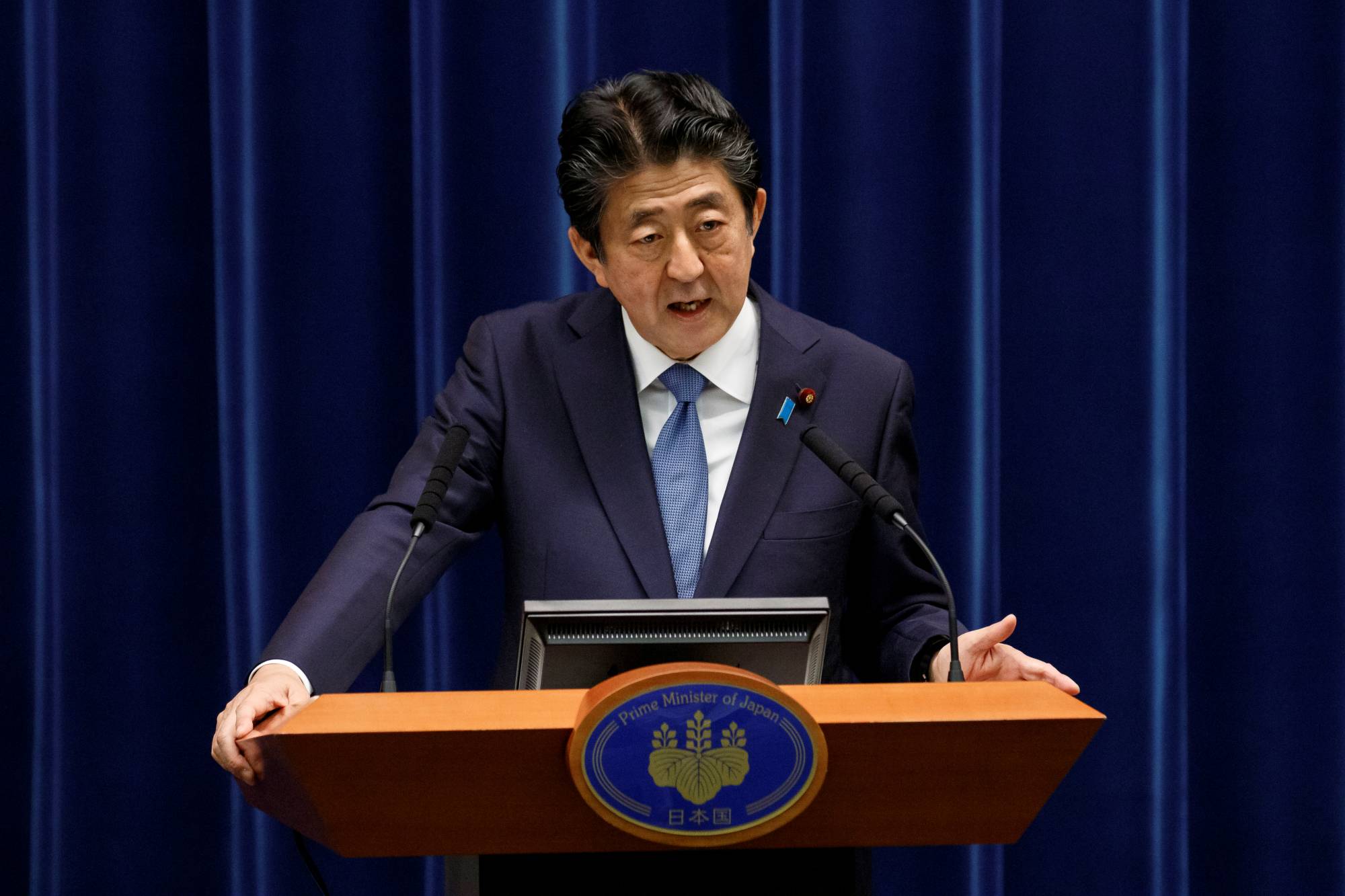Shinzo Abe, already Japan’s longest-serving prime minister, is set to pass another milestone on Monday, when he surpasses a half-century-old record set by his great-uncle Eisaku Sato for the longest consecutive tenure as prime minister.
For Abe, it will be a moment of trepidation instead of celebration. It is not just that rumors about Abe’s health and months of poor opinion polls have fueled speculation that he may not survive until the end of his third and seemingly final term as leader of the ruling Liberal Democratic Party, and therefore, as prime minister, in September 2021. Rather, it is that even if he holds on and limps to the end of his term as the head of a caretaker government, his legacy is effectively sealed.
When Abe defied the doubters to win an unlikely and unprecedented second stint as prime minister in 2012, he promised to deliver national transformation in order to overcome economic stagnation and strengthen Japan’s ability to compete in the Asian century.



















With your current subscription plan you can comment on stories. However, before writing your first comment, please create a display name in the Profile section of your subscriber account page.